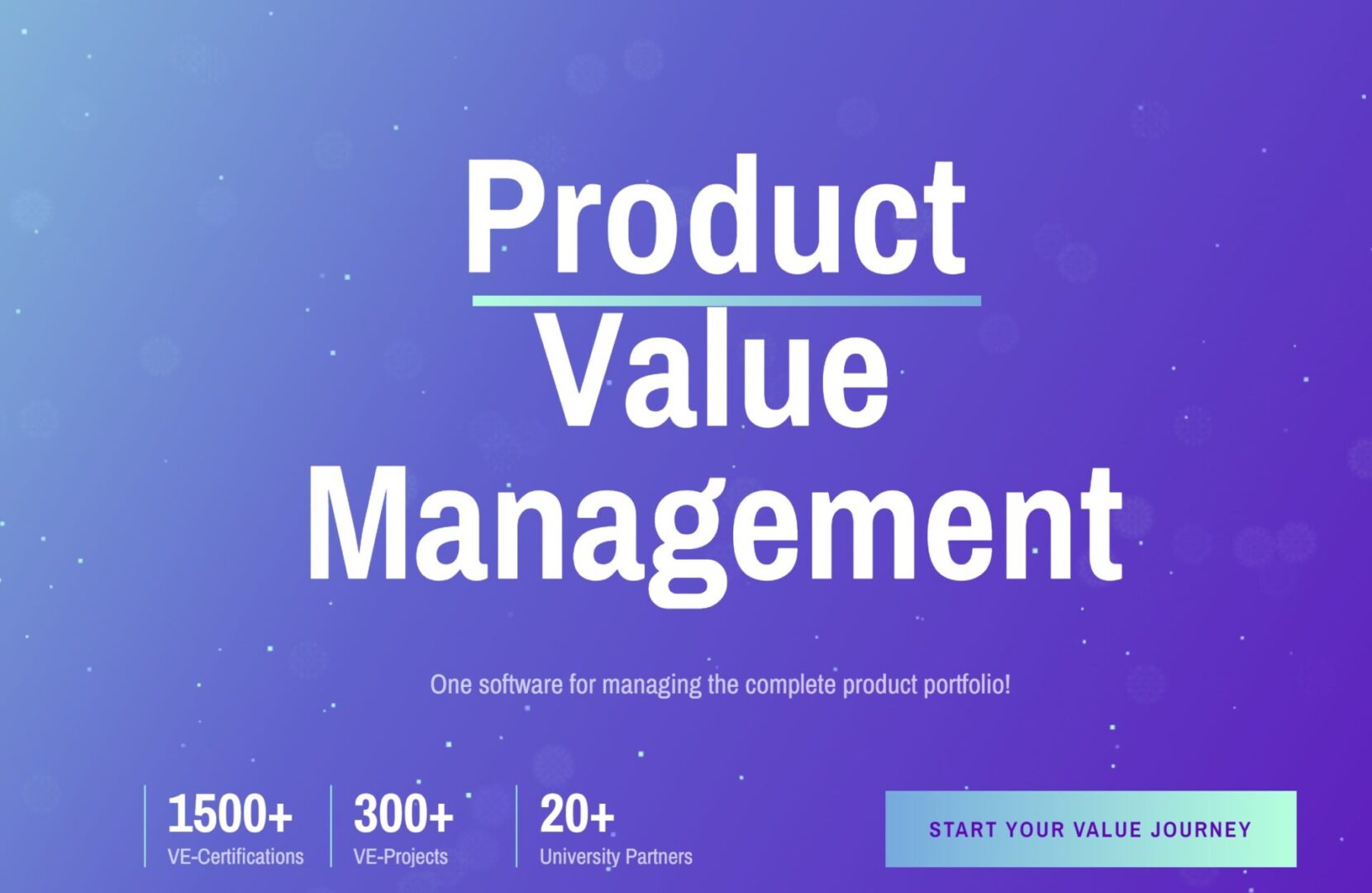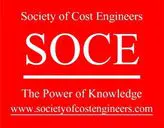Allies


We are excited to have been invited to be an Ally of O*Net.
The Occupational Information Network (O*NET) Program is the nation’s primary source of occupational information. Central to the project is the O*NET database, containing hundreds of standardized and occupation-specific descriptors on almost 1,000 occupations covering the entire U.S. economy. The database, which is available to the public at no cost, is continually updated from input from a broad range of occupational experts and workers in the occupations. O*NET data is essential to understanding the rapidly changing nature of work and how it impacts the workforce and the U.S. economy. From this data, applications are developed to facilitate the development and maintenance of a skilled workforce. O*NET information is used by millions of individuals every year, including those taking advantage of O*NET Online, My Next Move, and other publicly and privately developed applications. The data has proven vital in helping people find the training and jobs they need and employers the skilled workers necessary to be competitive in the marketplace.
Watch a video overview of the O*NET Program.
The Occupational Information Network (O*NET) is developed under the sponsorship of the U.S. Department of Labor/Employment and Training Administration (USDOL/ETA) through a grant to the North Carolina Department of Commerce.

Our mission is to connect sustainability engineers around the world.
Life Cycle Assessment (LCA) and Carbon Footprinting are two closely related approaches that can be used to measure the environmental impact of products, services, or activities.
Both LCA and Carbon Footprinting provide a way to quantify the environmental impact of an entity in terms of greenhouse gas (GHG) emissions, but they differ in scope and level of detail.
LCA is a systematic approach to evaluate the environmental impact of a product or service throughout its entire life cycle, from raw material extraction to end-of-life disposal.
It takes into account all the inputs and outputs of a product or service and assesses the environmental impact associated with each stage of its life cycle. This approach can provide a comprehensive analysis of the environmental impact of a product or service, including its carbon footprint, but it requires a significant amount of data and expertise to carry out.
Carbon Footprinting, on the other hand, focuses specifically on the GHG emissions associated with a product or service. It calculates the amount of GHG emissions associated with a product or service, typically expressed in terms of carbon dioxide equivalent (CO2e). This approach is more straightforward than LCA and is often used as a first step towards reducing GHG emissions. Carbon Footprinting can be used by organizations to identify hotspots and prioritize actions for reducing their carbon footprint.
Both LCA and Carbon Footprinting are important tools to understand impacts of our products and services onto the environment
Organizations can identify opportunities to reduce their emissions and move towards more sustainable practices.

The Profitability Analytics Center of Excellence (PACE) is a non-profit community of professionals dedicated to helping organizations make better, more informed decisions through the use of data analytics employing integrated, causal models. Focusing exclusively on how to enable better managerial decision-making within organizations through the use of such models, PACE is the go-to source for people looking for independent and impartial (vendor and methodology neutral) information in this area.
What is Profitability Analytics
The goal of Profitability Analytics is to provide managers with information based on sound economic principles (independent of external financial reporting requirements) to enhance organizational decision making. It achieves this through the development of integrated models of an organization's revenues, costs, and investments based on an operational understanding of an organization and aligned with its overall strategy.


